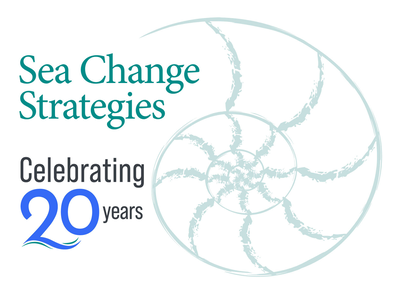Are Your Stories Negative Enough?
If you ever saw the movie Adaptation, you’re at least somewhat familiar with fabled story coach Robert McKee (no relationship to Alia).
Though played by an actor in the movie, McKee is very much a real person, and his seminars have influenced the work of some of this generation’s best storytellers. He’s also a character – profane, hyper-emotional, dresses like a 70s shrink, and is not shy about calling out stupid questions in his seminars).
One of McKee’s biggest bugaboos is one that definitely afflicts storytelling in our sector. It’s our aversion to talking about the “bad stuff” – the obstacles, the apathy, the cruelty, the neglect that in reality color our work, but that we tend to gloss over in our public communications.
The result is anemic stories that lack precisely the emotional punch that stories were made for.
Don’t do that!
Take McKee’s words to heart. And watch the video that accompanies his rant:
“Rather than face the trials of life, we hide behind euphemisms.
A marriage doesn’t have conflicts, it has ‘issues.’
Life isn’t an uphill struggle, it’s a ‘journey.’
A pain-in-the-ass business problem is now a ‘challenge.’
Employees who point out obvious mistakes are the worst of all things: they’re negative. In truth those who complain are most often realists. But in today’s world, realism is treated as defeatism.
For a story to move the listener to a positive action, it must dramatize the negative side of life. In the same way, a positive work environment cannot exist without acknowledging the negative. When “positive thinking” ignores things negative, terrible business decisions follow as night the day.”
